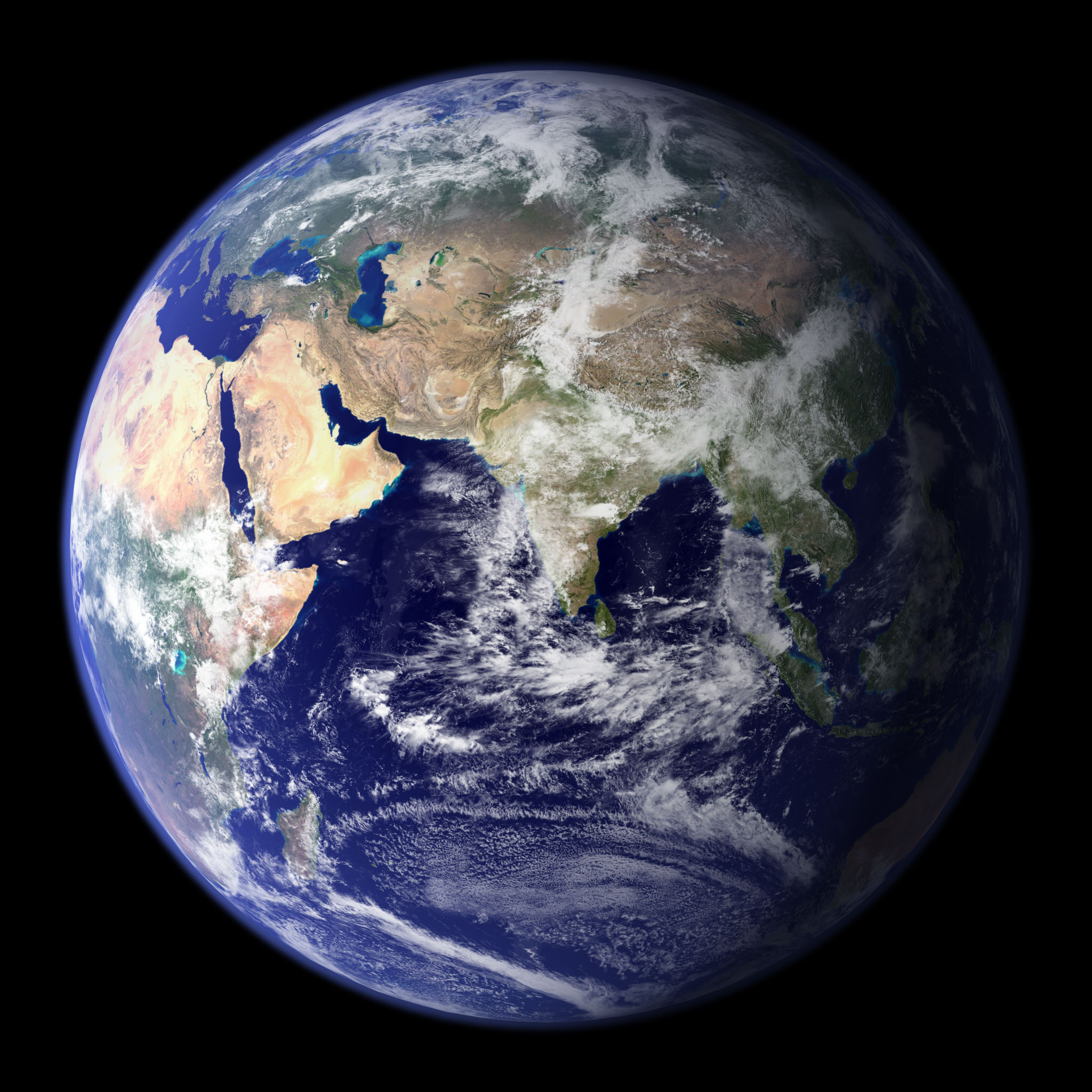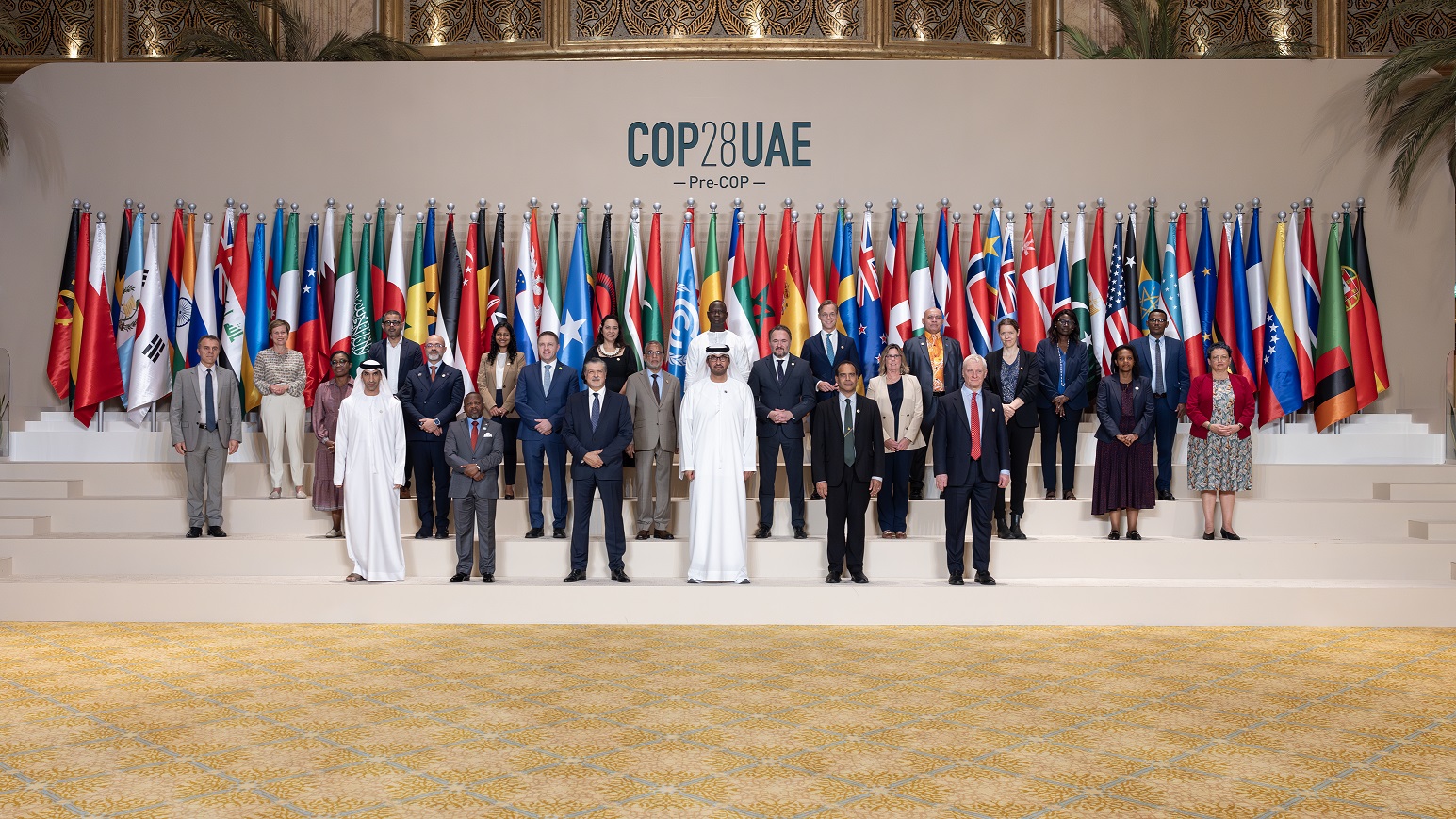This conference was hosted by the Foreign & Commonwealth Office in partnership with Wilton Park
A climate and resource security dialogue for the 21st century focused on the emerging threat climate change poses to global security and prosperity, along with the national and international policies needed to address this challenge.
The conference was the next contribution in the growing international debate following on from the United Nations Security Council debate in July 2011 and the Berlin conference on Climate Diplomacy in Perspective held in October 2011.
Climate change has the potential to exacerbate existing tensions and fragilities in states vulnerable to climate and resource stresses such as extreme weather events, droughts and flooding, food and water shortages, and/or large scale migration.
Conflict and civil unrest triggered by resource competition and scarcity could harm food and energy security, causing global economic and political instability through a variety of causal pathways, challenging economic prosperity and well-being.
The security implications of climate change are significant and interconnected. As a ‘threat multiplier’ climate change is a non-traditional security challenge that needs a strategic approach beyond the normal sphere of politics, to include all of government together with public/private enterprises at the national and international level, to form a truly global framework for action.
The conference sought to identify possible national, regional and international policy frameworks and practical recommendations for addressing this 21st century challenge.
Participants stressed the need for:
- a new international framework and model for tackling the non-traditional threat of climate and resource security;
- new institutional frameworks to collectively address the climate – food – water – energy stress nexus in a timely and pragmatic manner;
- integrated and comprehensive approaches to tackle the problems (defence, diplomacy and development working together);
- a dialogue involving new networks of actors, beyond traditional diplomacy, integrating the public and private sectors and NGOs and using new mediums for debate;
- greater public awareness and understanding of climate security impacts through effective advocacy and champions to raise awareness around the world;
- increased sharing of technical analysis and data, building consensus on the impacts of and responses to climate change.











